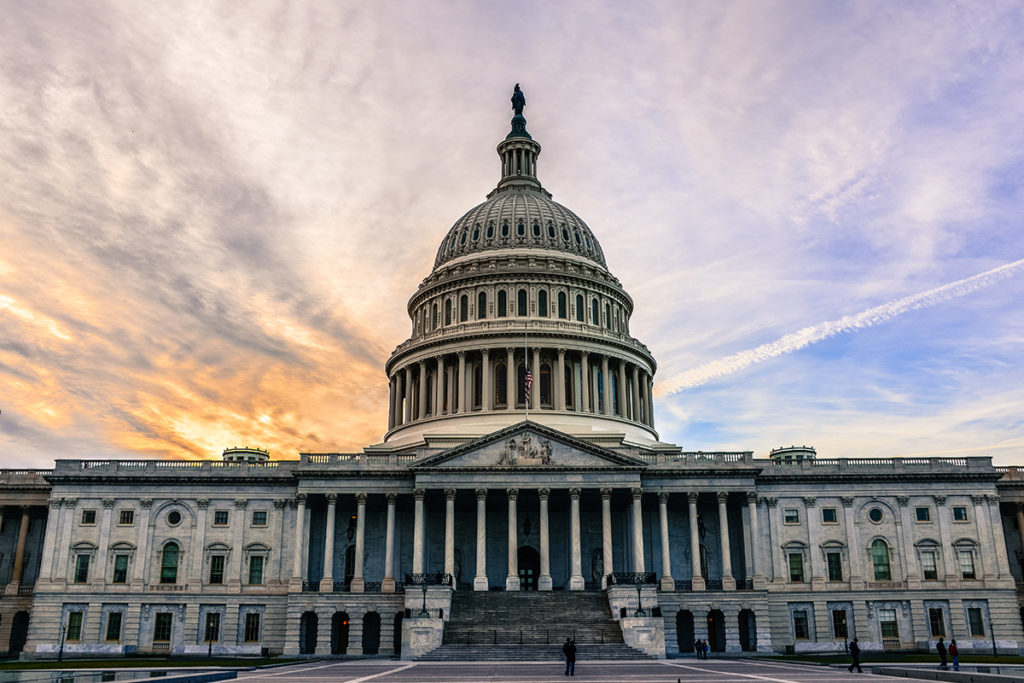
Congress has approved $320 billion more in loans that could help electric cooperatives and other small businesses pay their employees and continue to operate in the midst of the coronavirus pandemic.
Lawmakers voted overwhelmingly to approve the additional money for the Paycheck Protection Program, which was so popular that it ran out of its original $350 billion in funds within weeks. The program, created as part of the CARES Act that Congress passed in March, allows small businesses to receive loan forgiveness if they use the money to keep employees on the payroll and to pay utility bills, mortgages and rent during the crisis.
The businesses do not have to pay back the loans if they use them for the intended purposes and maintain the same number of employees and compensation levels, according to the U.S. Department of the Treasury.
NRECA has been pushing the Small Business Administration and the Treasury Department to ensure that electric co-ops, as small businesses themselves, qualify for the loans. So far, decisions by SBA-approved lenders have been inconsistent, with some co-ops receiving aid while others—sometimes in the same state—are told they don’t qualify.
“Because electric co-ops face the same challenges as many other small businesses, the Small Business Administration should ensure that those who need this federal assistance are eligible to participate in the Paycheck Protection Program,” said Louis Finkel, NRECA’s senior vice president of government relations. “Congress agrees, including a bipartisan group of 164 House and 43 Senate leaders who recently sent letters to the Treasury Department and SBA calling for swift clarification on this issue.”
The latest funding for the program was part of a nearly $500 billion package that includes $60 billion for the SBA’s Economic Injury Disaster Loan and grant program, $75 billion for hospitals and healthcare providers and $25 billion for state-led coronavirus testing. The Senate passed the bill on Tuesday, followed by the House on Thursday.
NRECA is also urging Congress to provide a safety net as co-ops face budget shortfalls while consumer-members struggle to pay their electric bills during the pandemic. Many co-ops also are losing electric sales as businesses and factories scale back their operations or close.
The impact of lost electric load and unpaid bills is projected to total $10 billion through 2022, according to research by Russell Tucker, NRECA’s chief economist.
Lawmakers are expected to consider another sweeping relief bill later this spring as a follow-up to the $2 trillion CARES Act. As part of the next legislation, NRECA will also be seeking a provision directing the U.S. Department of Agriculture’s Rural Utilities Service program to help co-ops save money immediately by taking advantage of historically low interest rates to reprice or refinance RUS debt without penalties for borrowers. Co-ops hold more than $40 billion in RUS electric program loans.
NRECA also is asking Congress to increase the amount of lending available under the RUS Guaranteed Underwriter Program. It provides guarantees for loans made to co-ops by private cooperative banks such as the National Rural Utilities Cooperative Finance Corp. (CFC) and CoBank.
Erin Kelly is a staff writer at NRECA.
Related Content:
Read More on the electric co-op response to the COVID-19 Pandemic
Find out more about NRECA’s podcast. Questions or suggestions? Email us at AlongThoseLines@nreca.coop.